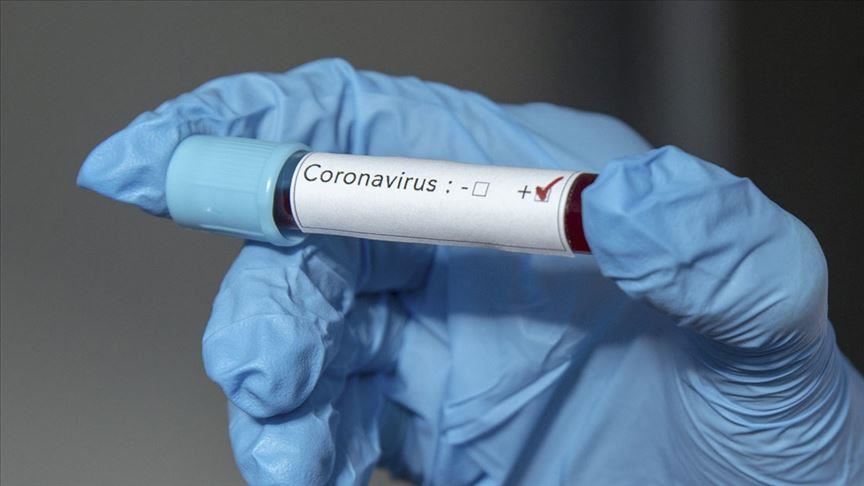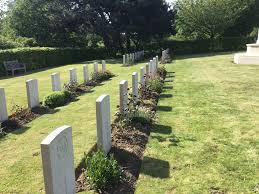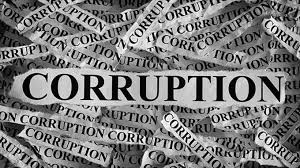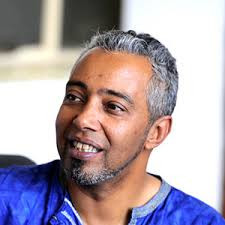
By Johannes Marisa
2020 was a miserable year for the entire world with some of the most developed countries being hit heavily by the deadly coronavirus.
It is sad that as of today, at least 78 million people have been infected while deaths are more than 1,7 million people. Those who lost their lives never thought that one day, there was going to be COVID-19 that would threaten the whole world.
The political, economic and social environments were grossly affected resulting in misery for many. Special mention should have been given to front-liners who stood tall when the virus was threatening to tear the world apart. By December 1, 2020, about 9 000 health workers had died of COVID-19 in the world with more than 290 000 health workers infected by the virus. This is really sad. Health workers played a critical role worldwide to the extent that in countries like Italy, statues were erected in their honour.
The security officers played their part as they enforced regulations which to a greater extent protected us to this day. South Africa has reported a variant strain of the coronavirus, 501.V2, which carries a higher viral load and is more aggressive and prevalent among the young. The world is in trouble indeed.
Governments introduced measures to curb the spread of the coronavirus and these included quarantine, lockdowns, social distancing and wearing of masks. Our government introduced a lockdown in March 2020 after the death of the first case. Some segments of the population seem to be more prone to anxiety, depression and post-traumatic symptoms because of their health conditions. Quarantine is usually hated by many who see it as an impediment to uniting with loved ones. There is for sure loss of freedom, uncertainty about the advancement of the COVID-19 and the general feeling of helplessness. Lockdown came and saw a lot of businesses being closed except for critical services which were allowed to function. Zimbabwe has many people in the informal sector, mainly vendors. The unemployment rate in this country is over 70% hence sources of income dwindled for many people who struggled to raise money for rentals, school fees, bus fare, food et cetera. This culminated in people experiencing anxiety and depression as the coronavirus continued to ravage the entire world.
Stress, anxiety and depression have been some of the most notable health problems among people in 2020. Stress is a physical, mental or emotional condition that causes bodily or mental tension.
Many have developed post-traumatic stress disorder after witnessing the departure of their loved ones, suffering from COVID-19. Many health professionals overworked themselves as between March and July 2020, there was anxiety about COVID-19 and in Zimbabwe nurses went on strike for six months, demanding personal protective equipment and better working conditions.
- Chamisa under fire over US$120K donation
- Mavhunga puts DeMbare into Chibuku quarterfinals
- Pension funds bet on Cabora Bassa oilfields
- Councils defy govt fire tender directive
Keep Reading
Health professionals, especially in low-resource countries are at risk of secondary traumatic stress disorder which can arise when drugs are not available for all patients and the professional must chose who should receive them. Ventilators are still very scarce in Zimbabwe and many hospitals cannot take care of very critical patients.
However, we have performed better than the Western world in terms of containing the COVID-19. We salute all our frontliners for a sterling job. Today, Zimbabwe is a better country in terms of containment of the virus than the US or Germany.
Depression has been a serious consequence of COVID-19. Depression is a mood disorder that causes a persistent feeling of sadness and loss of interest and has the potential to interfere with your daily function. Symptoms of depression include angry outbursts, sleep disturbances, tiredness and lack of energy, reduced appetite, trouble concentrating, suicidal thoughts and restlessness among many.
Depression can thus result in suicide if one does not get help in time. A depressed health worker who loses concentration on his work risks injuring oneself at work. There may also be wrong drug administration to patients, bad attitude towards them so it is imperative to investigate whether members of staff are not depressed when some unfortunate things happen. COVID-19 has thus become a thorn in the flesh for many.
However, health workers stood firm to contain the spread of the virus despite a myriad of both material and psychological challenges.
As we head for 2021 and with COVID-19 threatening more than before, it is worth to consider the following:
Incentivising health workers whether in the private or public sector. Government can offer duty-free certificates for cars, medical equipment to this sector. Housing stands can be availed as there is a lot of State land which can be given to health workers before it is grabbed by land barons.
There should be mutual trust between government and health workers for good health service delivery. For private health practitioners, it is important to complement government efforts to resuscitate the health sector which has been comatose for long.
The arrogance shown by some medical aid societies should be nipped in the bud. For long, some medical aid societies have refused to honour claims yet the health practitioners on the ground have no choice, but to provide services to those afflicted by the pandemic. Why refuse to pay for services rendered yet practitioners are purchasing sanitisers, personal protective equipment, drugs and sundries on their own? It is time clients understand that when co-payments or cash up-fronts are requested, it is not the doctors’ problems but their respective health insurance companies.
Provide psychological support to COVID-19 patients. There are families that almost got wiped away and there are many orphans, widows or widowers.
Do not forget that COVID-19 is deadly and is still with us. Observe all public health measures during the holidays. Your mask is your life! Wish you all a happy new year and remember your health is what takes you to 2021!











